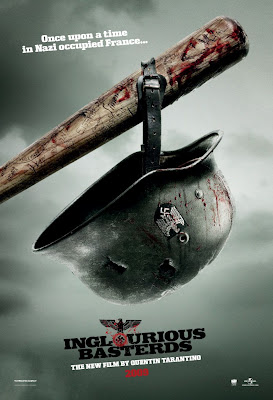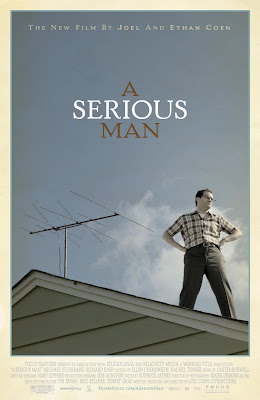Screenwriting/Ads Etc.
I went to Watford (the college, not the place, although if you go to the former, you do end up spending time in the latter. Horrible fucking shithole). We were taught a bunch of very useful things but we never had a single lesson on how to write a script.
Which is odd because, thinking back, I’ve never had a formal, deliberate lesson on advertising scriptwriting. I’ve had the odd bit of advice here and there, but no one seems to mind that you’re just shoved in at the deep end, producing (supposedly) professional scripts that clients will see and directors will work to.
Anyway, a few years back my boss sent me (after a bit of nagging) on Robert McKee’s Story Seminar, which is like this:
But here’s a free hour of his more recent thoughts.
It was a really good course, although geared towards feature film script writing rather than ads.
For further brilliant advice, this is a website set up by Ted Elliot and Terry Rossio, the writing team behind Shrek, Pirates of the Caribbean and other big hits (the link is sometimes a little dodgy but it’s worth persevering). They explain why the names of your characters are so important and offer little gems such as the fact that M. Night Shyamalan didn’t realise Bruce Willis was dead until the fifth draft of The Sixth Sense (lesson: draft, draft and draft again). It’s all still films rather than ads, but many of the principles hold true for both.
Other advice: if you’re thinking of writing a movie script, get Final Draft – formatting is key. Also, read Adventures in the Screen Trade by William Goldman. It’s really enjoyable as well as really informative.
What else? There’s this interesting comment that was left on the blog yesterday by an ad person who has sold a script to Hollywood:
The joy of writing a screenplay is that you can do whatever you want in it. It’s sort of helped me stay sane in advertising. I say ‘sort of’. I am not entirely sane but let’s not go there. I never thought about what would sell, just developed ideas that grabbed me. There’s a feature film in every one of these ‘high concept’ ideas so if you have anything like that I’d encourage you to keep turning it over in your brain until it gains momentum. I suppose you could compare one of these ideas to a really good advertising idea. You’ve got the print ad but what’s the ambient execution and the iphone app. etc. If it’s rich enough you’ll find it has many dimensions. If you work on all of these you’ll find you’ve got enough ideas to flesh out into a screenplay. Before I started writing I found the whole idea of attempting something so big really intimidating but the more you time you spend on it, the more you break it down, the more it starts to feel like writing one ad after another after another – I believe Ben made a similar point a few months ago – which makes it much more manageable and very suited to our skill set. It’s also much easier than writing a novel because there is definitely a right and a wrong way to do it and we’re all pretty familiar with what makes a good movie.
It’s also closer to copywriting in so far as you can spend ages tinkering with a few lines. I’m guessing you can’t really afford to do that when you write a book.
Next to getting it read in the first place, the hardest thing to deal with is development. By the time you are asked to re-write something you are likely to be bored to death of it, not to mention impatient to see it made, but actually the development process can be very positive. It has been in my case. Entire threads were ripped out of the story and although I didn’t like it at the time I can now see that it was the right thing to do. In other words there’s a lot to be said for not being precious. Easier said than done obviously and I did lose a few things that I wanted to keep.
Now that I have sold the rights to it, I no longer own it which means they can do whatever they want with it. Another writer is on board now, working off the producer’s notes and that marks the end of my involvement. Pretty unceremonious. If he likes what they do, it’ll get made. If he doesn’t, it won’t and I’ll go back to freaking out about the horrible state of my career.
Anything else? Um… Dunno really. If you’re thinking of writing a script, do give it a go. As the above person says, it’s fun. I have my own screenplay Fuck Me Backwards almost finished. It’d be nice if someone was insane enough to want to make it, but I don’t really care because I’ve really enjoyed writing it and the process has been an education.
Feel free to leave thoughts in the comments section. I know at least one other professional screenwriter drops by here occasionally. If he would like to give us some insights, I’m sure they’d be greatly appreciated.





